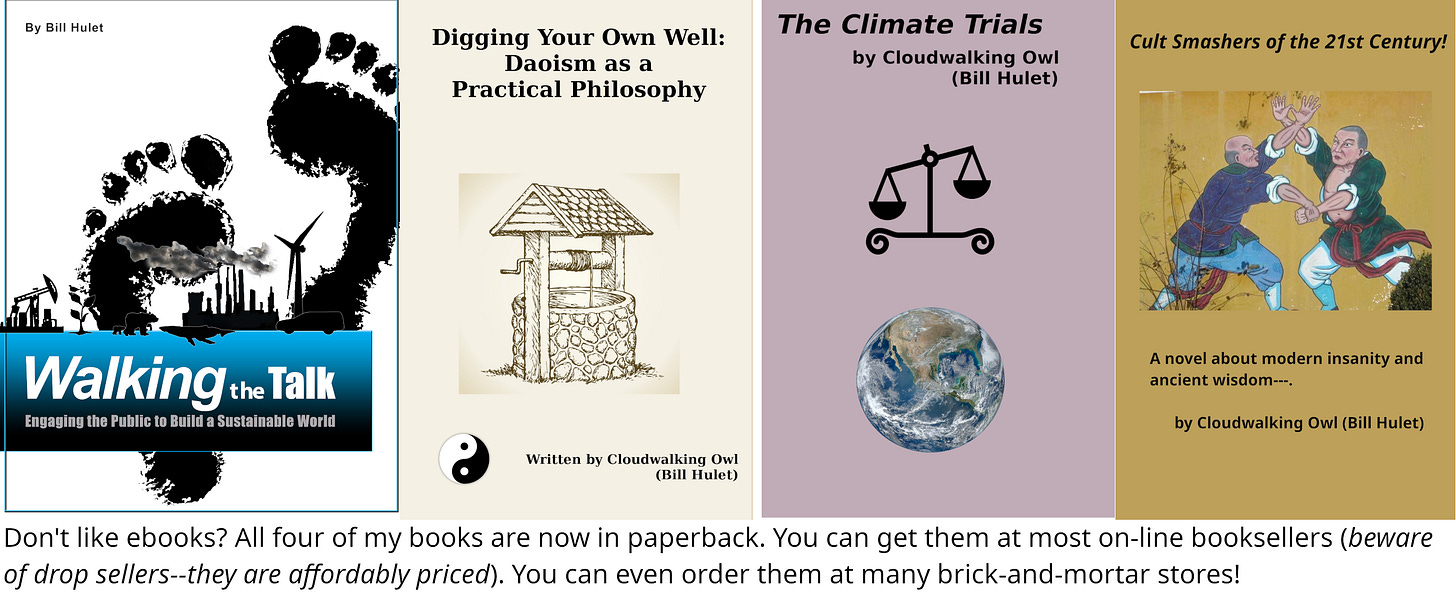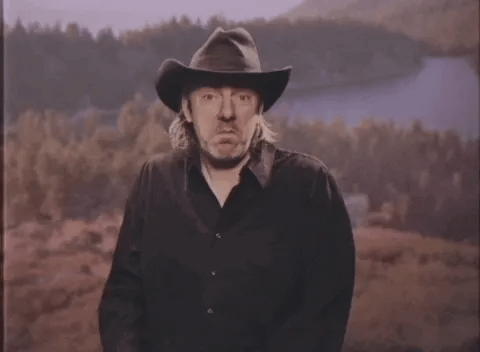I’ve spent the last few days thinking a lot about politics and what exactly is going on around the world as more and more ‘populist’ politicians get elected into office, or at least dramatically increase their vote share. Having been educated in academic philosophy, my first instinct in situations like this is to try to parse-out the words that people are using to describe this situation. To that end, I thought I’d wrestle with that word ‘populist’.
Here’s a definition from the Wikipedia:
Populism is a range of political stances that emphasize the idea of the common people and often position this group in opposition to a perceived elite group.
There are two nebulous elements to this definition: ‘common people’ and ‘elite group’.
How we define these two is foundational to what form populism takes. At first glance, it’s easy to think that ‘common people’ means ‘the majority of folks’. But that really doesn’t seem to capture what populists are really into, because if it were any political party that won a free and fair election would be—by definition—’populist’. And that would dramatically miss a key element of what the word means. Instead, ‘populism’ seems to imply that there is some sort of perceived, yet inarticulate common understanding of the world that is held by a large number of people in any given society. And the populist politician is someone who follows the similar way of seeing things.
What populism is about are the notions of ‘ordinary people’. But who exactly are these folks and what do they believe? The problem is that populists are never clear about explaining just exactly who ordinary people are, what they actually believe, and, just how populist politicians are able to access this font of conventional wisdom when no else seems able.
Here’s a little snippet from the news about the populist leader of Alberta, Danielle Smith, that I think gave me a little insight into what’s going on.

In a recent Edmonton town hall, Smith answered questions about chemtrails in Alberta, acknowledging there is no tangible evidence of such activity in the province, but nonetheless deflecting blame to the U.S.
When confronted with concerns about chemtrail spraying in Alberta, Smith said: “The best I have been able to do is talk to the woman who is responsible for controlling the airspace, and she says no one is allowed to go up and spray anything in the air.”
The crowd responded to that statement by booing, to which Smith responded, “that’s what she told me.”
Nav Canada, the agency responsible for traffic in the country’s civilian airspace, said in a statement Wednesday its government relations team has not had any queries from the Alberta government on this topic.
Again referring to what she’s been told and not personal experience, Smith said: “The other person told me that if anyone is doing it, it’s the U.S. Department of Defense.”
“And you know, like, I have some limitations of what I can do in my job. I don’t know that I don’t have much power if that is the case, that the U.S. Department of Defense is spraying us.”
(Why Danielle Smith, Scott Moe and other politicians get caught up in chemtrails conspiracy, Calgary Herald)
It seems pretty obvious to me that Smith actually doesn’t believe in the chemtrails conspiracy anymore than I do. But she could tell that a large fraction of the people in the audience of her meeting did. And if she wants to keep their support, she believes that she needs to play along with their delusions. That’s why she deftly stick-handled things by suggesting that the problem isn’t her not believing in chemtrails, just that she has no control over what’s happening in Alberta.
In case you were wondering why Smith felt that she could get away with pandering to such a loony idea, here’s an sample invite to the sorts of events she’s been going to talk about such things. (From a CBC article by Jason Markusoff titled The cheers and jeers of Danielle Smith's private party summer, used under the Fair Dealing provision of the Copyright Act.)
In case you have trouble making out the fine print, the key part says “Please Note: This event is for United Conservative Party members only.” Markusoff also states in the body of the article “the UCP is not permitting media into these members-only events; it does not even post the town halls' dates and places on the party's main events page”
It appears to me that the United Conservative Party of Alberta (UCP) doesn’t want “ordinary Albertans” (ie: the majority of the province’s population) to know what “ordinary Albertans” (ie: the people who support this particular populist party) are thinking. Probably that’s because while Smith believes she needs the ‘pro-chemtrail conspiracy’ vote to keep her position in UCP, she doesn’t want the average voter to be aware of this fact—because they’d see this conspiracy as being as loony as support for the flat earth or the space-lizards hypotheses. And that would harm her in a general election.
So not only is what ‘ordinary people think’ not clear to me, it isn’t always clear to the populist leadership either. Moreover, the leadership understands that the general public probably wouldn’t like what ‘ordinary people think’ if they knew—so it has to be kept secret from them.
Lest people believe that this is just evidence of how loony 21st century politics has become, consider the historical example of the ‘know-nothings’ from pre-Civil War America. In the 1850s there was the Native American Party, which later changed it’s name to the American Party. It not only held secret meetings (like UCP), but it also admonished its members when asked to say “I know nothing” about it. Hence the obvious nickname “the known nothings”.
In actual fact, the Know Nothings were a party that was opposed to Irish immigration because they feared a clerical conspiracy that would hand the US government over to the Vatican. (The movement fell apart because the membership split over the issue of slavery.) Since a key part of the American constitution supports religious freedom—which was very popular with many Americans at that time—an openly anti-Catholic political party would probably rub too many voters the wrong way. That’s why it was important for the know-nothings to hide what they really thought—just like the UCP does today.
My read of modern populists, therefore, is that the leadership has collected a grab-bag of unrelated conspiracy theories that have riled-up a fraction of the public and pushes the necessary buttons to collect together people who are concerned about things like:
chemtrails
transitional surgery for trans teenagers
government seizure of people’s hunting rifles
forcing people to eat insects instead of hamburgers
vaccines and fluoridated water that supposedly cause autism and sterility
mass immigration aimed at replacing the existing citizens
gays and trans people ‘grooming’ children for pedophilia
a war against the fossil fuel industry based on fake ‘climate change’ science
even more loony crap
The one thing that unites all of these conspiracy theories is that they have made people angry at a fraction of the population that they identify as ‘elites’. This single factor has been enough for people like Smith, Poilievre, and, Trump to unify a political movement. That’s because populism isn’t like an ideology.
As the Cambridge dictionary states, an ideology is:
a set of beliefs or principles, especially one on which a political system, party, or organization is based.
The thing about an ‘ideology’ is that it has to form a unified whole. For example, you could say that the New Democratic Party (NDP) in Canada espouses a style of social democracy—where the benefits of a free market economy are redistributed to the people who do not benefit from capitalism by a democratically-elected government. This is why they support the growth of unions and robust social programs like dental plans and social housing for the poor. Once you understand the social democratic ideology, you can generally predict what sort of programs the NDP will support.
Of course, even politicians with strong ideological underpinnings have to pick and choose which particular part of their ideology they wish to support at any given time. That’s because the financial and social state of the nation limit what a government can do at any given time.
But the hodge-podge of ideas that populists support can’t be easily unified into a clear ideology. This means that the leadership of the party needs to be very careful about what they say. They have to espouse limited support for a great many different ideas without drilling down into detailed policy. That’s because the coalition they create is extremely fragile. For example, there’s no reason at all for believing that the people who think fluoride creates autism will agree with others that there’s a Jewish conspiracy to flood the nation with non-whites. And there’s no reason to think either one of them will agree that COVID was created in secret Ukrainian biological warfare laboratories run by the US Center for Disease Control.
The only way populists can keep their fractious coalition of nutjobs from blowing up is by devoting all their energy into attacking “the elites” that oppose all of these individual conspiratorial hypotheses. In my next article on this subject I think I’ll discuss a few points about ‘the elites’ and how I believe they may have played into the hands of the populist politicians by ignoring the real needs of many ‘ordinary people’.





